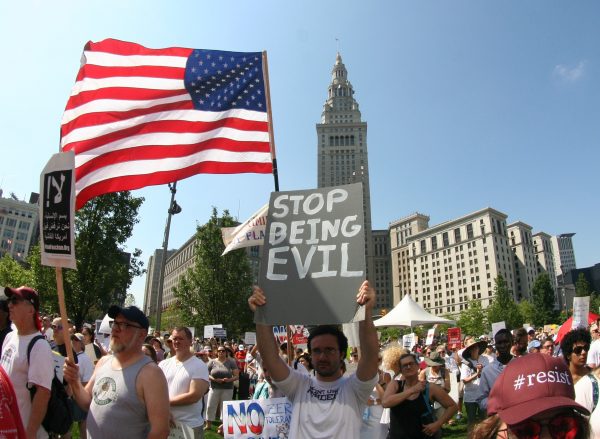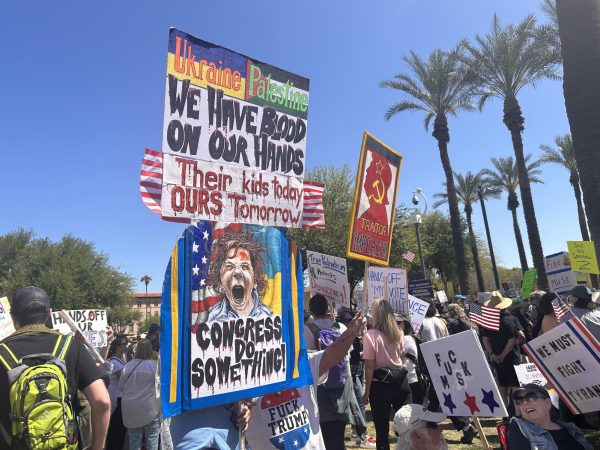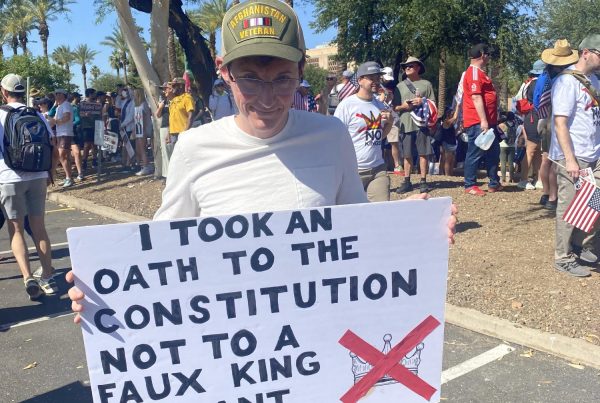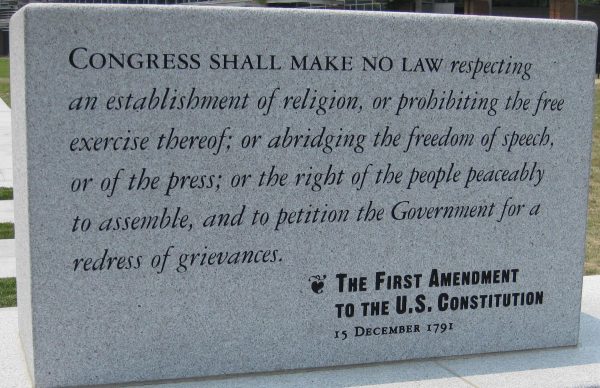Critical race theory debate intensifies as 2022 midterms loom
Virginia’s recently-concluded gubernatorial race was a flashpoint for the subject
Republican Glenn Youngkin (right) will be inaugurated as Virginia’s new governor on Jan. 15, 2022.
Critical race theory is a topic that has circulated in political debates recently, and the conversations surrounding it have been volatile.
There is much confusion on what CRT is, and there are public figures spreading misinformation about it. By definition, critical race theory is an “organized framework of legal analysis based on the premise that race is not a natural, biologically grounded feature of physically distinct subgroups of human beings but a socially constructed category that is used to oppress and exploit people of color.”
To summarize, CRT is the idea that race is a social construct, and that racism does not solely due to individual prejudices. It is perpetuated by government policies and certain legal systems.
Opposition to CRT has grown, and it is beginning to embed itself as a conservative talking point.
The stigma surrounding critical race theory is the idea that it is part of a culture war, much like “sharia law” or “cancel culture.” Only this time, the objection is centered on it being taught to children.
CRT’s opponents believe it is dangerous for the theory to be taught in schools, and that ideas like it are “indoctrinating” children, making them feel guilty for actions they did not commit.
But even though there is little to no evidence CRT is being taught in K-12 classrooms at any substantial rate, conservatives across the United States continue to present CRT as a dangerous, extremist, and omnipresent view.
Seattle-based activist Christopher Rufo initiated the idea that “critical race theory is the perfect villain.” Since Rufo’s appearance on Tucker Carlson’s top-rated Fox News program, the network has mentioned “critical race theory” nearly 1,900 times in a three-and-a-half month span.
This strategy feeds into manufacturing anger within the network’s right-wing viewership, and creating a narrative that politicians aligned with this viewership stand ready to exploit.
Glenn Youngkin, Virginia’s newly-elected Republican governor, used critical race theory as one of his primary arguments against his opponent, Democrat Terry McAuliffe. Youngkin’s supporters and detractors attribute this campaign strategy as playing a major role in his victory and turning out voters. While there is not enough concrete evidence to support this claim, what Youngkin’s victory has done is ensure CRT gains a firm footing in national political discourse.
As elections continue to roll around, and more battlegrounds emerge prior to the 2022 midterm elections, it is unclear if CRT will retain this momentum among Republican candidates. But for now, it is safe to say it will not leave conservative think tanks any time soon.











